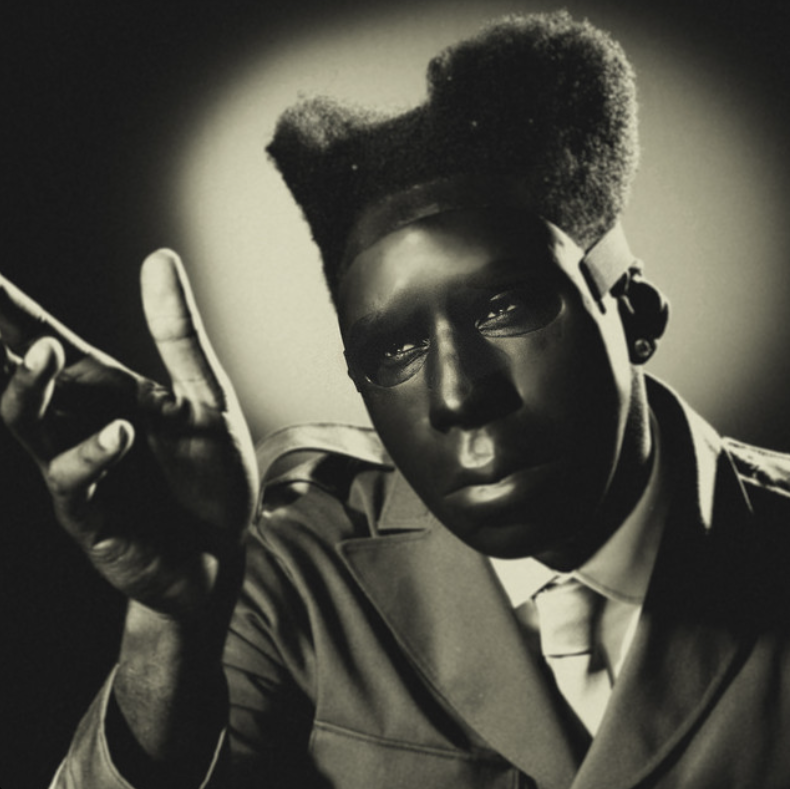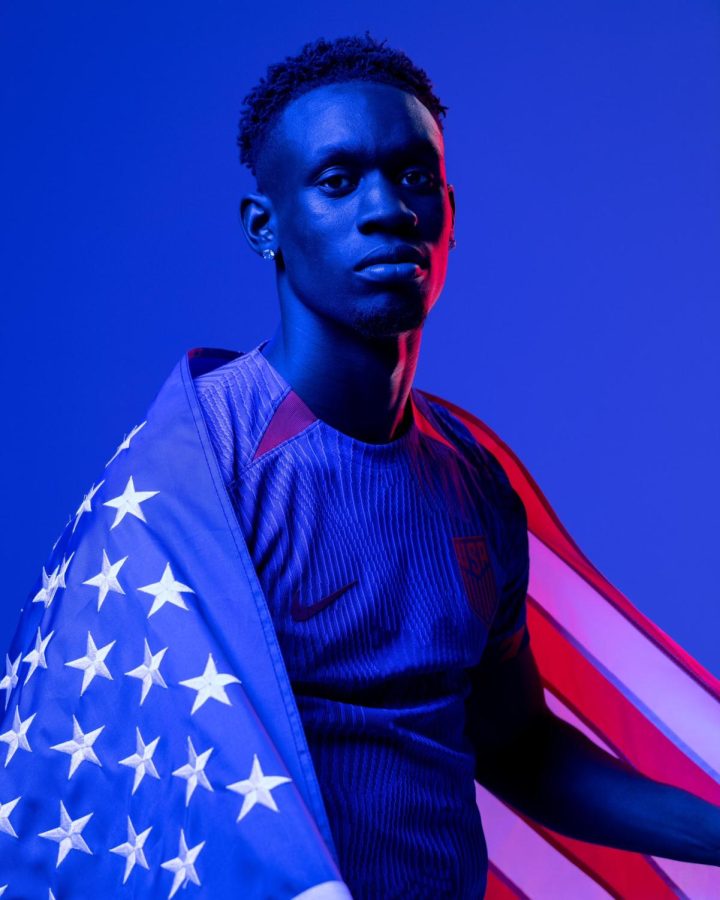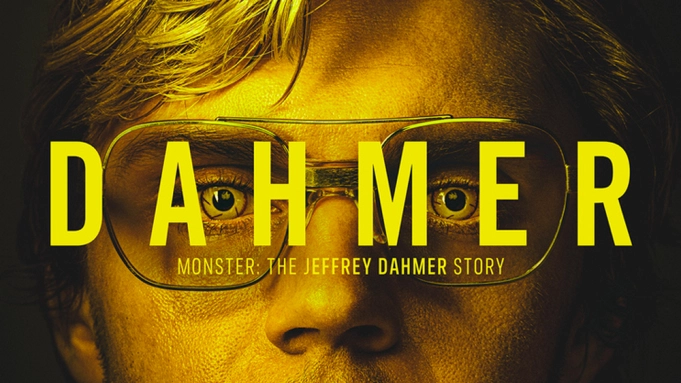On his new album, Tyler, the Creator scolds himself for putting on a persona of confidence on his song “Take the Mask Off,” saying that he “ain’t gotta hide from the truth” anymore. It’s a good summary of what is special about his new album– Tyler, the Creator has never sounded more vulnerable than on Chromakopia. The rapper, who in the past has mainly been known for his controversial, bad-mouthed rebellion, finds himself confronting his failures and regrets in a way that feels truly honest.
Tyler is a man known for his boundless confidence. Whether it comes to music, fashion or just his personality, Tyler has never diluted his own tastes in the face of criticism. This confidence comes in part due to his talent to remake his image and aesthetic on a dime. Think about Tyler, and you can picture him in many different eras, each with their own specific aesthetic and personality. His first three albums had that L.A. skateboard and alternative feel, Flower Boy had that feeling too, but with a bit more melody and R&B influence. Igor had a deconstructed, more abrasive tone, but also contained a funk and soul that lacked in his previous projects. Call Me If You Get Lost has probably Tyler’s most idiosyncratic aesthetic, that of the European “old money” summer– of lakeside houses and tailored clothes and old classic cars. The point being, each album comes with an aesthetic and persona attached. But behind all that, who is the real Tyler?
This is what is special about Chormakopia. Tyler finally strips himself down enough to really analyze his life, his fears and his regrets in a way that is refreshing and genuine. No more is the era of the untouchable rap star, with no problems and three mansions and five supercars and ten women at their side at all times– Tyler is really showing himself with no filters on this project.
That isn’t to say that Chromakopia feels like a boring therapy session, in fact it’s quite the opposite: the album shines when it’s at its most energetic and bombastic. Tyler brings together an all-star team of female rappers for the lunchtable-beat production of “Sticky,” he attacks parasocial relationships and weird fans on “Noid,” which is by far the most sonically innovative track on the album, and he and Schoolboy Q trade very solid verses on the hard-hitting “Thought I Was Dead” track.
But when Tyler looks inward, it also captures your full attention. “Hey Jane” details a pregnancy scare and the vulnerable aftermath with maturity and dignity, “I Killed You” talks about the self-hate a lot of black people face when put down by societal pressures to appear more white, and “Tomorrow” explores Tyler’s conflicted feelings regarding starting a family. He raps about how all his friends are getting settled down and having children, while all he has is “photos of my ‘Rari and some silly suits.” It’s one of his best songs in years.
The one thing that struck me particularly hard about this album was the influence Kendrick Lamar had on it, specifically with his 2022 album Mr. Morale and the Big Steppers. In a 2022 interview at the Converse All Star Series, Tyler was asked about the importance of emotional honesty, with which he stated “I think honesty is awesome, with yourself, with [other] people, and I think when you’re making something, it doesn’t have to be so obvious. But just being honest with how you’re approaching shit is when the best shit comes.” He continued by saying “That’s what Kendrick just did with his new album. I love that album. I feel like he touches on shit that’s so open and honest that some people can’t listen to it because they probably feel he’s looking at them in their eyes and they’re like, ‘Oh, I can’t panic. Uhhh, I can’t listen to this. Put on something else so I can hit my dougie’, and keep forgetting and numbing the shit that he’s talking about.”
With this in mind, it is hard to ignore the influence that Kendrick’s most recent album has had on Chromakopia’s thematic values, as well as Tyler’s artistry as a whole. There are other aspects of the album that Tyler may have drawn inspiration from, including the usage of a recurring motif, like the tap dancers and the therapist in Mr. Morale, but in Chromakopia the motif is Tyler’s mother giving him advice. He also uses certain flows and cadences that sound very similar to Lamar’s way of rapping. It shows you that when you have a hip-hop superstar like Kendrick Lamar telling us about his troubles, his failures and his regrets with a level of honesty most people can’t even muster in therapy, it is bound to inspire other artists to do the same.
At a listening event in Atlanta, Tyler claimed that “this is the first album where everything I said is true,” and that “it’s so honest I think I had to wear a mask of my own face to get some of that shit out.” This album was more than just creative steam being let off– it was an exorcism of all that was bothering Tyler since he was a kid. This album, besides being sonically impressive and just a great time to listen to, is startlingly genuine, and should inspire other artists, as Kendrick inspired Tyler, to open up on their projects. It really does make all the difference to those who listen when they know you’re being vulnerable, and telling the truth.







